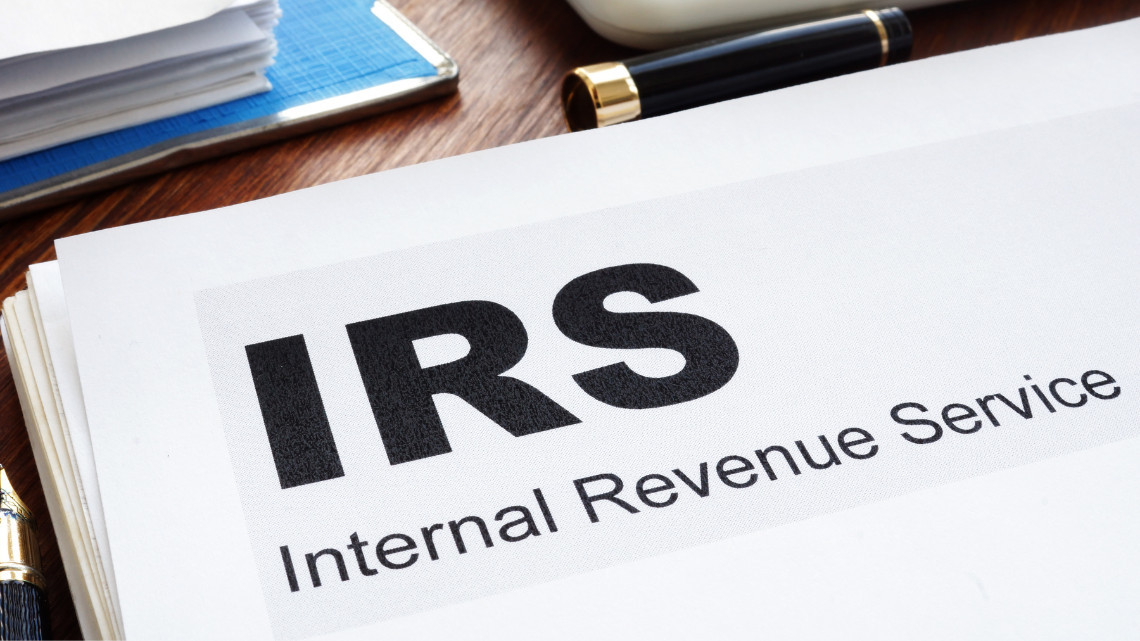
Do you have a 401(k) plan that excludes any employees from making 401(k) deferrals based on amount of service or employment classification?
On November 27, 2023, the IRS published proposed regulations clarifying the rules for long term, part-time employees (“LTPT employees”). Beginning January 1, 2024, this change affects which employees may be excluded. If either (1) OR (2) below describes your 401(k) plan’s eligibility provisions, you should immediately review our full IRS Issues LTPT Employee Guidance Summary on long-term part-time (LTPT) employees to learn about who must be allowed to contribute starting January 1, 2024.
- 1,000 Hour Requirement. Your 401(k) plan requires some or all employees to work 1,000 or more hours in a 12-month period to defer pay.
• Required Change: Allow any employees who’ve not yet become eligible to defer due to the one-year/1,000 hours eligibility service requirement to contribute starting January 1, 2024, if they’ve worked between 500 and 1,000 hours for three consecutive 12-month eligibility periods. Other design options, such as reducing or eliminating the service requirement for all employees may be worth considering. - Excluded Classifications. Your 401(k) plan excludes one or more classifications of employees from deferring pay AND at least one of those classifications is based on service (e.g., employees regularly scheduled to work 15 hours or less).
• Required Change: All excluded classifications (e.g., temporary employees, seasonal employees, students, interns) should be reviewed to confirm the exclusion can be attributed to something beyond an employee’s period of service (e.g., non-resident aliens are excluded for a reason other than service). Any classification that can’t be attributed to something beyond service must be allowed to defer starting January 1, 2024.
Basis for Timing. The IRS just proposed rules on November 27, 2023, explaining who is an LTPT employee and which exclusions are now prohibited. In some cases, the scope of the rules is broader than was generally expected. That leaves little time to comply. Industry groups have requested IRS to delay the January 1 effective date. However, no relief has been provided at this point.
403(b) Plans and Employer Contributions. This law change does not yet apply other than to salary deferrals to 401(k) plans. The deadline for salary deferrals to 403(b) plans is a year later. It also is limited to eligibility to make 401(k) deferrals. It does not apply to eligibility to receive employer contributions.
To read the full Warner summary of the IRS guidance, please click on the link below. Additionally, if you have questions about the new LTPT employee regulations, please contact a member of our Employee Benefits Practice Group or your Warner attorney.
Article courtesy of Warner Norcross + Judd
Click here for more News & Resources.